Project overview
Project leaders: Rik Peels, René van Woudenberg, Lex Bouter, Jeroen de Ridder, Emmanuel Rutten, Edwin Koster, Gijsbert van den Brink
Vrije Universiteit Amsterdam
Funded by Templeton World Charity Fund
August 2016 – August 2020
Project leaders: Rik Peels, René van Woudenberg, Lex Bouter, Jeroen de Ridder, Emmanuel Rutten, Edwin Koster, Gijsbert van den Brink
Vrije Universiteit Amsterdam
Funded by Templeton World Charity Fund
August 2016 – August 2020
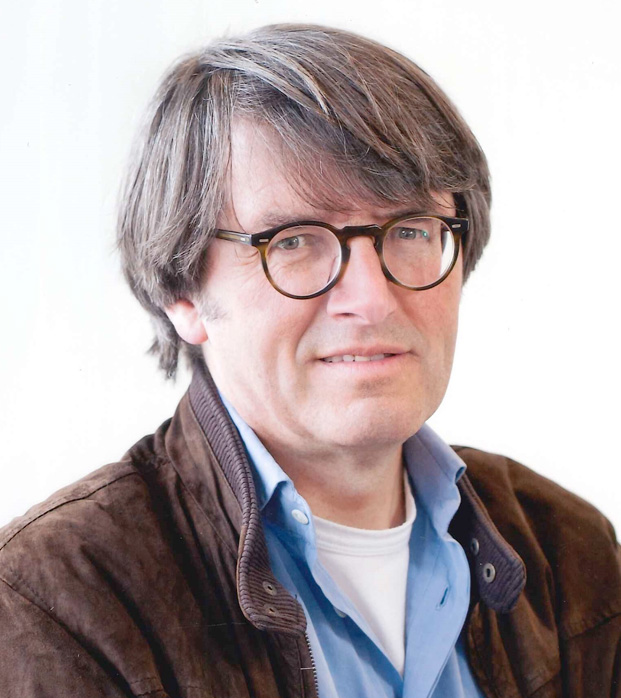


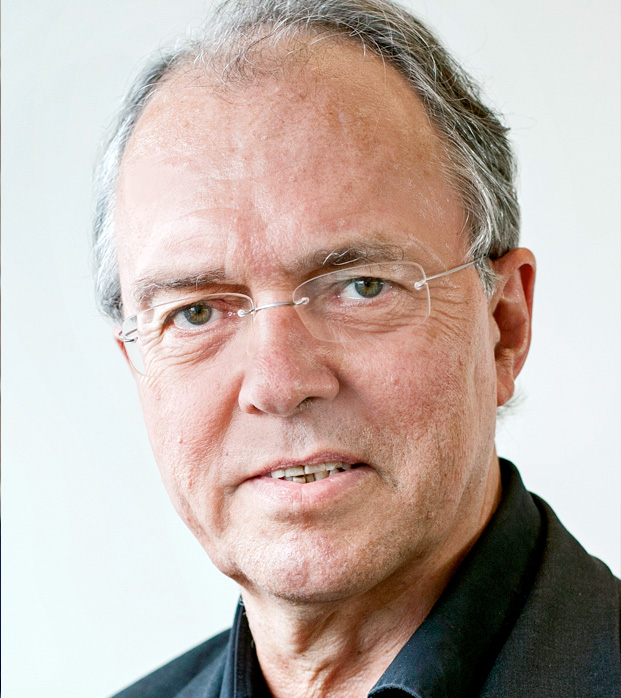
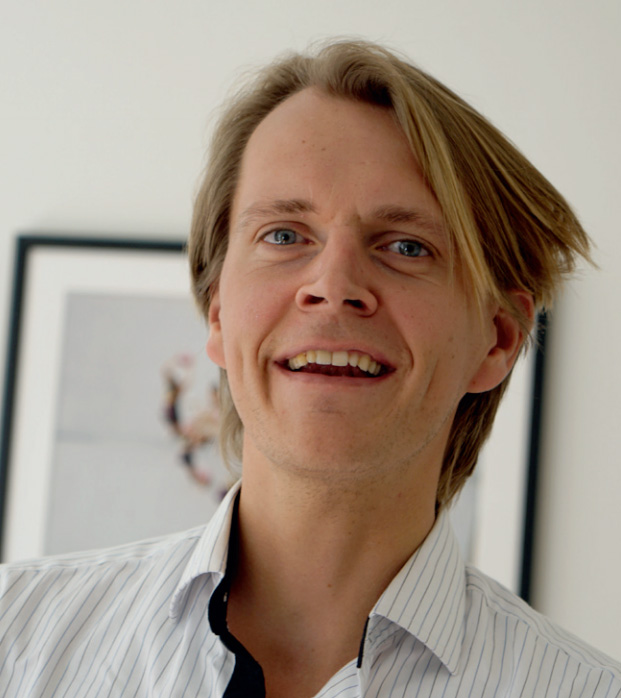
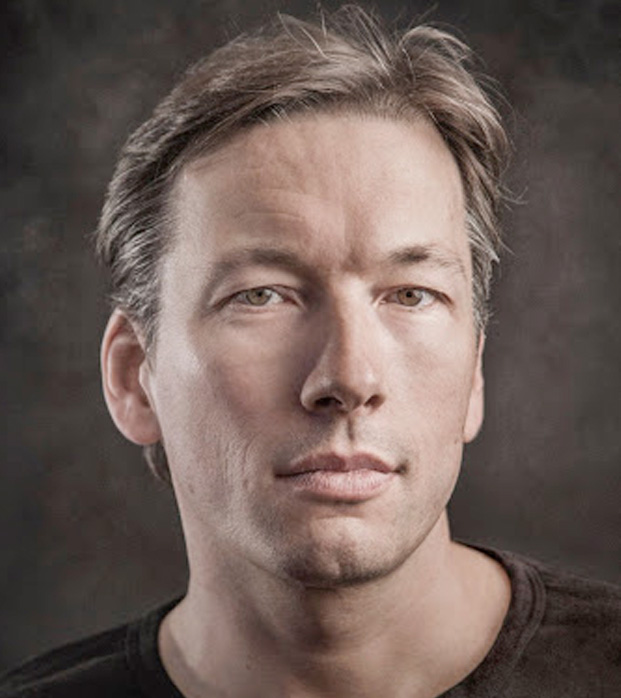

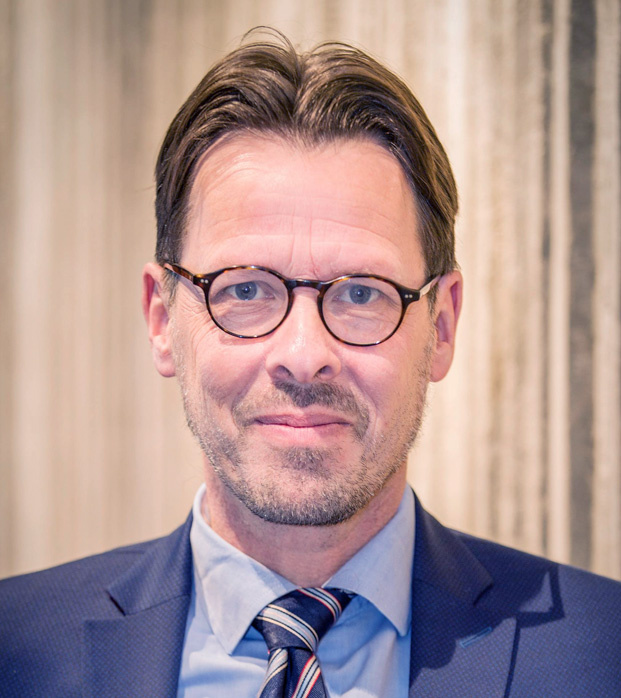


The core question that this project focused on was the following:
What are the main epistemic values that the university ought to uphold and how are they reflected in the different methods that the various academic disciplines employ?
In order to provide a clear articulation and defense of the university’s epistemic values, and in order to provide tools that help university leaders and policy makers to meet epistemic responsibilities that issue from these values, it was important to first get a firmer conceptual grip on these values. For, universities can meet their epistemic responsibilities only if it is sufficiently clear what epistemic phenomena are worthwhile pursuing, as well as how these values relate to each other, both in research and teaching. This first project carried out the conceptual groundwork that was employed in each of the other projects.
Epistemic values are usually contrasted with moral, economic, prudential, social, and political values. Whereas the latter are tied to such things as moral goodness, what is useful, or the well-being of society, the former are closely related to truth or knowledge—episteme being the Greek word for knowledge or understanding. Whereas hospitals take care of people’s physical and mental well-being, courts aim to establish justice, and so on, universities were founded and are still considered to aim primarily at acquiring knowledge, gaining insight, understanding reality, and transferring that knowledge, insight, and understanding to new generations and to larger audiences beyond academia.
Even though this project drew on the existing material in philosophy of science and epistemology, the goal of this project was not to defend a single epistemic value as the sole or prime epistemic value that ought to be pursued in academia, but rather to explore which epistemic values ought to be pursued in academia, how these different epistemic values relate to each other, and how they are reflected in the various methods that different academic disciplines employ.


This subproject is called the Academic Research Climate Amsterdam project. This is a research project that investigated research climate and integrity in the 4 academic institutions in Amsterdam.
Ensuring research integrity should be one of the key responsibilities for universities and university medical centers. Traditionally, institutions have focused on codes of conducts, procedures for handling allegations and courses on responsible conduct of research. Recently the importance of fostering a culture of research integrity receives more attention. The aim this project was to explore and clarify the most salient aspects of the research culture in the four academic institutions in Amsterdam and to identify promising ways to promote responsible research practices.
The main research question was:
What do scientists of the four academic institutes in Amsterdam consider to be the salient aspects of the research culture of their institution that promote or hinder research integrity, and which do they believe to be the most important barriers to responsible conduct of research (RCR) and the most promising interventions to prevent research misbehavior (RM) and questionable research practices (QRP)?
Special attention was given to differences between academic ranks and disciplinary fields.
The salient aspects of research culture were assessed by a web-based survey among all active researchers (n > 5000). Departing from the survey results we determined with focus group interviews what the perceived barriers for responsible conduct of research are. Also the thoughts and perceptions of scientists on the preventability of research misbehaviors were explored. As are the solutions and interventions believed to be most effective. Subsequently we designed and tried out two pilot interventions that were based on the knowledge gathered in the web-based survey and the focus group interviews: 1) regular moral case deliberation sessions in research groups, and 2) a training program for novice mentors of PhD students.
Tamarinde Haven carried out the research, resulting in her PhD dissertation ‘Towards a Responsible Research Climate’ (pdf). Her dissertation can also be read online through this link.

Universities have become centers of collaboration. Research is done by and in research groups. This development is most pronounced in the sciences but teamwork is becoming ubiquitous in the humanities too. Arguably, teamwork is equally important in the private and public sector.
Given the complexity of the challenges that we face in business and government, we need the insight and wisdom of collectives, rather than just individuals. An important question, then, is how groups and other collectives can perform well from an epistemic perspective. The guiding thought for this project was that the perspective of virtue epistemology—i.e., thinking about the qualities that make an agent intellectually excellent and their mutual relations—can also be fruitfully applied to collectives.
Its central question was:
How can groups be intellectually virtuous and how can we stimulate collective intellectual virtues and educate for them?
The first part of this project consisted of an empirically informed conceptual analysis of what collective intellectual virtues are and under what sort of conditions groups can be expected to manifest them. The second part applied the results to the classroom and teaching materials were developed that could help to foster intellectual virtues in students.

What is the meaning of life? This life-shaping question is hardly ever raised in academic teaching. Yet, being able to cogently reflect on what is significant, worthwhile, and valuable to pursue in life is indispensable for personal growth and development. It is an epistemic responsibility of universities to educate their students on how to deal with this grand question.
This project’s aim was to elucidate how reflection on existential questions, such as ‘What is the meaning of life?’, can be undertaken. Can it be approached by purely scientific means, or is there a need for a more inclusive model of rational deliberation?
This project argued for and developed the latter option as followed:

In discussions on the epistemic responsibilities of academic teaching, the concept of ‘judgment’ is very important: it is one of the Dublin descriptors. The notion of ‘judgment’ as used here, however, goes mostly unanalyzed. The notion can be enriched by drawing on the philosophical tradition of Aristotle, Kant and Gadamer, as well as on philosophers of science such as Kuhn. A further question is how a better understanding of the notion of judgment influences teaching of the art of judgment. We organized an academic international conference devoted to exploring these issues.
In which way can judgment formation be incorporated in teaching practices at the university? How can universities help their students to develop a capacity for critical thinking and to cultivate intellectual virtues? In which way can university lecturers stimulate critical reflection on underlying conceptual frameworks? What are the conditions for the construction of academic curricula that will help to fulfill these aims? Programs to meet these questions are developed at Vrije Universiteit Amsterdam, in the Faculty of Social Sciences and in the School of Medicine of VU Medical Center. Based on the findings of the evaluation of these two pilots, an easily accessible instrument was developed that allows other faculties or universities to implement teaching interventions to cultivate intellectual virtues and critical thinking. This instrument consists of best practices, strategies, do’s and don’ts and was published as a booklet.

Universities are centers of science, as well as of the humanities. (From a continental perspective ‘science’ or ‘Wissenschaft’, of course, includes the humanities.) One aim of science, as well as of the humanities, is to provide us with knowledge and understanding of, and insight in, the world—these are among their deliverances. However, there is one world, but there are many academic disciplines, which raises the question how they relate. Since universities are places where the primary epistemic responsibilities are epistemic, universities have a special responsibility to develop views on this. The key questions of this project were:
Since universities are centers of the sciences as well as of the humanities, it is one of the epistemic responsibilities of the university to have views on how the deliverances of the sciences and the humanities relate. This matter has received and virtually no attention from philosophers, ethicists and university officials. This part of the project aimed to explicate why universities have this responsibility. This part was based upon the idea that, generally speaking, responsibilities are grounded in values, and that having a view on how the academic disciplines hang together is of (great) value.
This project, that enters the realms of abstract philosophy, was made concrete by two case studies—one of the meaning of (written or spoken) words, and the other of a complex social phenomenon: the operation of a university. The aim of the case studies was to show that if we only use the conceptual framework of the natural sciences, these phenomena cannot in any meaningful sense be understood.

Interpretation is ubiquitous in everyday life and academia. We interpret newspapers, e-mails, laws, holy books, empirical data, art works, etc. Often, our interpretations have epistemic goals, in the sense that we interpret in order to obtain knowledge, understanding, or rational and justified beliefs. Such epistemic goals of interpretation are crucial to the theoretical underpinnings of many important (academic) activities and decisions. If reading Dante is as subjective an event as hand-reading, we would lack a principled reason to teach the first but not the latter at a university. If a judge in Arnhem interprets the law in a way radically different from his colleague in Amsterdam, this would thoroughly undermine trust in our rule of law.
Yet how is it possible to obtain such epistemic goals in interpretation if the truism holds that our worldviews, personal experiences, background beliefs and prejudices figure prominently in the formation of interpretive beliefs? Doesn’t that make interpretation a thoroughly subjective affair? This and other challenges to the epistemic status of our interpretations and interpretive methods directly affect the epistemic status of academic disciplines to which interpretation is key, like philosophy, history, theology and literary theory, but perhaps also (parts of) the natural sciences.
The purpose of this project was to develop an analytical epistemology of interpretation.
Contemporary epistemology and philosophy of science has paid scant attention to basic questions like: ‘What is ‘an interpretation of a text’?’, ‘What does a text have when it has meaning?’, ‘What is the relation between an object of interpretation and its interpretation?’, ‘When are we justified in thinking that a particular interpretation of a text is correct?’, ‘Can an interpretation provide us with knowledge or justified beliefs, or is are interpretive beliefs of a radically different kind?’. Much work is done, however, on like the analysis of knowledge, theories of the justification of beliefs, and testimony. Our methodological purpose was to make this work relevant to these and other questions about interpretation.
Our systematic examination of the nature, aim(s) and standards of interpretation started with conceptual analysis of the notoriously ambiguous terms ‘interpretation’ and ‘meaning’. This conceptual clarification, secondly, served to address questions and challenges regarding the justification or validity of interpretive beliefs. This, thirdly, enabled a comparison of the epistemic status of interpretative beliefs compared to beliefs resulting from established scientific practices.

European universities emerged from the theological enterprise (previously pursued in monasteries and cathedral schools). For many centuries theology was seen as regina scientiarum. Since God was the highest entity in the ‘great chain of being’ (Arthur Lovejoy), how could ‘the study of God and all things in relation to God’ (Aquinas) not be the highest academic endeavor? This paradigm finally collapsed when Kant argued that it is impossible to acquire knowledge of God using our cognitive faculties.
In response, the great theologian Friedrich Schleiermacher reconceived the mission and unity of theology in practical terms: like the faculties of law and medicine had to train future lawyers and medical doctors, the raison d’être for theological faculties was the education of future clergy. In societies with dwindling numbers of students preparing for the ministry, however, their presence within secular universities has gradually become quixotic. Many theological faculties already have been dismantled or metamorphosed into departments of religious studies. What narratives were employed throughout the centuries to back up theology’s academic status? Will theological faculties/departments continue to have a part to play in future constellations of academia or have they had their day?